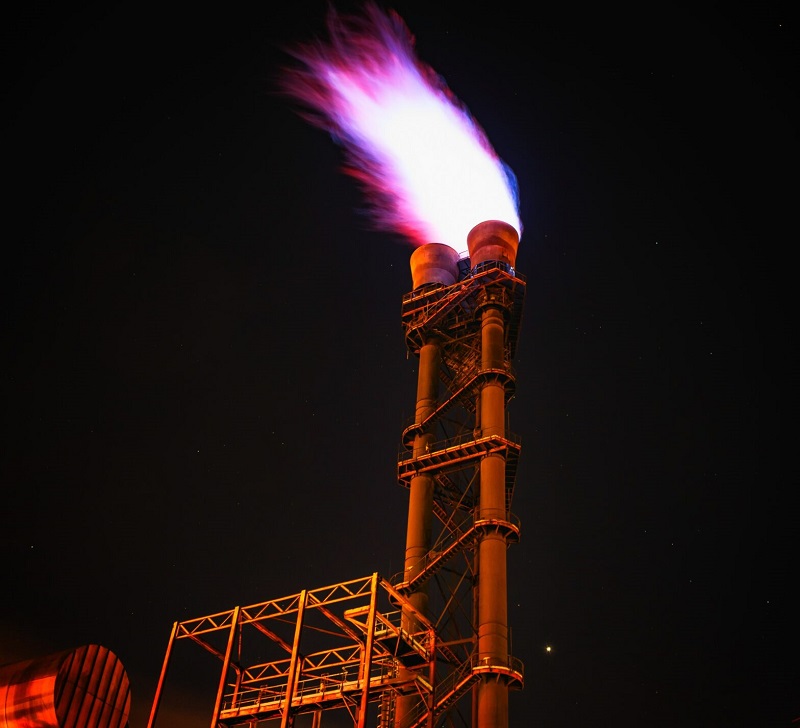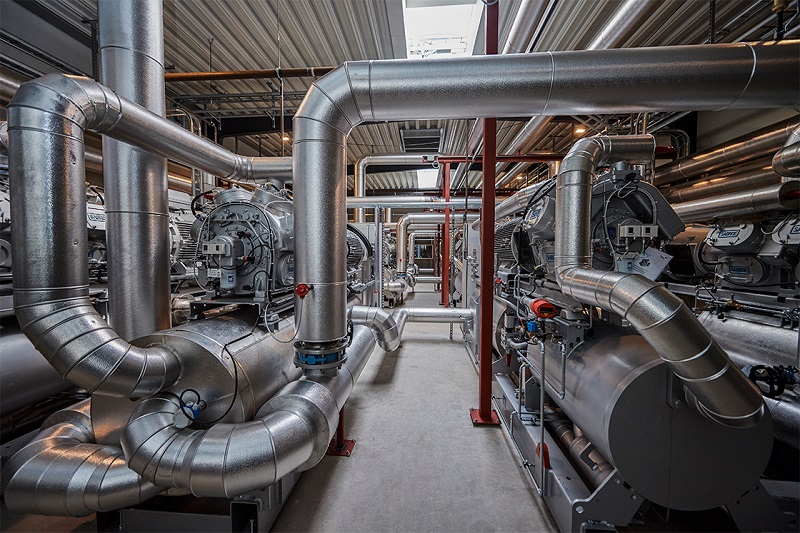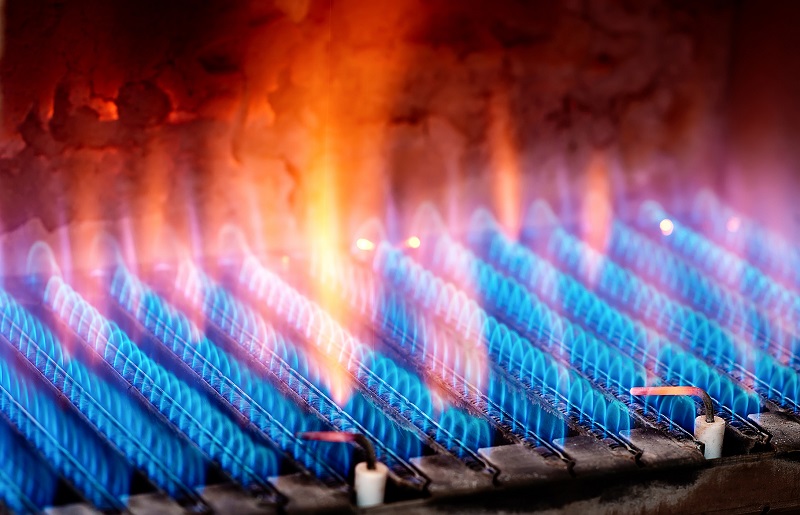Industrial heat is a fundamental aspect of modern manufacturing that drives efficiency and productivity. It is essential not only for material handling but also for maintaining quality standards across a wide range of industries. By investing in advanced heating technologies and sustainable practices, industries can optimize their operations. Check out this article by Alternō to learn more!
1. What is industrial heat?
Industrial heat is essentially what thermal energy is utilized for especially when treating or preparing materials that are needed to make manufactured items. Electrical energy is converted into heat energy during the production of industrial heat. The Joule heating principle, which asserts that the heating element of an electric heater is an electrical resistor that transforms electrical energy into heat energy, describes how it operates.

The first step in constructing an industrial heating system is determining the necessary temperature, the necessary heat output, and the most feasible way to convey heat energy. The circuit that integrates the technologies needed to effectively deliver heat to an industrial production process makes up industrial heat generation mechanisms. It raises production and reduces energy expenses while guaranteeing the quality of the final product. Industrial heat can be classified into three major categories: low temperature (below 400 °C), medium temperature (between 400 and 1150 °C), and high temperature (beyond 1150 °C).
Heat can be transmitted by three different methods: industrial conduction, convection, and radiation. All methods of heat transfer require a temperature differential. Moreover, heat is moved from a high temperature to a lower temperature in all forms of heat transfer. Alternō’s industrial heating system is developed particularly to match the requirements of each of our customers, making them a top source to provide industrial heat.
2. Applications of industrial heating in life
Industrial heating plays a crucial role in various sectors, impacting both production processes and everyday life. Here are some key applications:
- Manufacturing: Used in processes like forging, casting, and welding, industrial heating helps shape and join metals, enhances strength and durability.
- Food processing: Techniques like pasteurization, baking, and drying utilize industrial heating to ensure food safety, preservation, and quality.
- Textile industry: Heating is essential for dyeing, finishing, and setting fabrics, ensuring colorfastness and improving texture.
- Chemical production: Many chemical processes require precise heating for reactions, distillation, and extraction, facilitating the creation of essential products.
- Plastics and polymers: Heating processes like extrusion and molding allow for the shaping of plastic materials, vital in creating consumer goods.
- Glass and ceramics: High-temperature furnaces are used to melt and form glass, as well as to produce ceramics, which are used in everything from tableware to electronics.
- Energy generation: Industrial heating systems are used in power plants, where heat is generated to produce steam for turbines, converting thermal energy into electrical energy.
- Pharmaceuticals: Heating is critical in the production of medications, where precise temperature control ensures the efficacy and safety of drugs.
- Building materials: In the construction industry, heating processes are involved in producing concrete, bricks, and other materials that require curing and hardening.
- Recycling: Industrial heating is used to process recyclable materials, like melting metals and plastics, making it easier to repurpose waste.

3. Typical techniques for industrial heat generation
Industrial heat can be produced in a variety of methods, depending on the needs of the specific sector. Typical methods for generating industrial heat include the following:
- Flaming
In industrial settings, combustion is one of the most widely used methods for producing heat. When fuel burns, exothermic chemical reactions occur, producing heat during combustion. This heat can be utilized to power engines and generate energy in addition to heating buildings and other structures.
- Solar and geothermal
With solar, mirrors or lenses are utilized to focus sunlight onto a receiver. They generate steam by absorbing heat through the use of solar thermal power. Steam is then used to drive turbines to produce electricity. Through the utilization of steam produced by geothermal processes, heat from the Earth’s interior is converted into electrical power. Drilling is done to extract hot water or steam from deep holes in the Earth’s crust, which is then used to power turbines.
- Electric warmth
Electric heating is widely used in industrial heat generation. Electrical energy is converted into heat by means of electric resistance heating components. In indirect heating, heat is produced by means of conduction, convection, radiation, or a combination of these. Because it is an efficient and clean method of producing heat, electric heating is often preferred in situations where combustion is unwanted.
- Heat exchanger systems
To move heat from one process material to another, heat exchanger systems use heat exchangers. They generate heat that is used in car radiators, food processing systems, and chemical processing systems. Generally speaking, the method used to produce industrial heat depends on the specific needs of the industry and also the availability of resources like fuel, and electricity.

4. Benefits of employing electric heating techniques to produce industrial heat
Some benefits of employing electric heating techniques over alternative approaches for producing industrial heat include the following:
- Exact distribution of thermal energy and temperature control.
- Ability to attain temperatures that are challenging for chemical combustion to accomplish.
- Increased output and the production of better-quality goods at a generally cheaper cost of operating.
- Industrial heat can be applied precisely when needed for a process.
- Electric heating also allows for precise temperature control, which enhances product quality and minimizes waste.
- The amount of industrial heat generated may be remotely managed thanks to advanced instrumentation and controls.
In short, industrial heat is a vital component of many manufacturing processes, driving efficiency and productivity across a wide range of industries. As industries continue to evolve and adopt advanced technologies, the future of industrial heat will increasingly prioritize environmental responsibility. Contact us now to learn more about industrial heat system solutions.
- Alternō : Tầng 6 & 7 Friendship Tower, 31 Lê Duẩn, Quận 1, TP.HCM
- Hotline: 0888 617 000
- Zalo: 0888 617 000
- Mail: vietnam@alterno.group
- Website: https://alterno.net



 Tiếng Việt
Tiếng Việt


